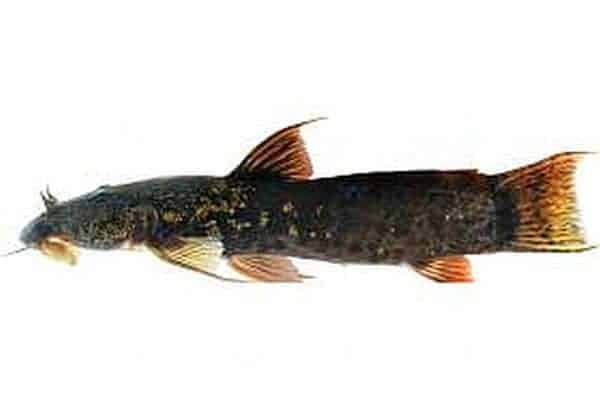Cell biologists at the University of Toronto have discovered animals can adapt their ability to see even with extreme changes in temperature.
The researchers looked deeply into the eyes of catfish living in cold-water streams at altitudes of up to nearly three kilometres in the Andes Mountains to find out how. Their findings are published in Proceedings of the National Academy of Sciences.
Vision is initiated when several chemical proteins in the retina are activated. It is a key sensory system that enables organisms to adapt to their environment, like killer whales did to improve their ability to see underwater in predominantly blue-tinted light. Examining the impact of cold temperatures on the habitats of Andean catfishes, the team of researchers led by U of T evolutionary biologist Belinda Chang in the Faculty of Arts & Science studied the role of a protein known as rhodopsin that enables vision in dim light.
They found that rhodopsin serves another function as well: it accelerates the speed at which vision occurs among the fish living at the highest – and therefore coldest – elevations.
Continue reading at University of Toronto.


